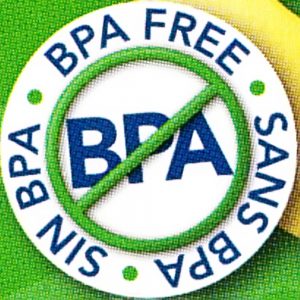By Tom Vitaglione
 The holiday season is upon us, and families in North Carolina are compiling their grocery lists and planning their holiday meals. While you’re pacing the aisles of the local Harris Teeter, keep in mind that some food products will be much safer than others. Though Harris Teeter has a proud tradition and hails from nearby Matthews, NC, Kroger, Harris Teeter’s parent company, was recently given a “D-” by food safety advocates for the company’s failure to move away from using toxic chemicals in many of its canned food items.
The holiday season is upon us, and families in North Carolina are compiling their grocery lists and planning their holiday meals. While you’re pacing the aisles of the local Harris Teeter, keep in mind that some food products will be much safer than others. Though Harris Teeter has a proud tradition and hails from nearby Matthews, NC, Kroger, Harris Teeter’s parent company, was recently given a “D-” by food safety advocates for the company’s failure to move away from using toxic chemicals in many of its canned food items.
Canned goods often contain harmful chemicals. One of the most common and most notorious is BPA, which is linked to a number of health problems. Pregnant women, children and food handlers are particularly susceptible to the harmful effects of BPA exposure, which can include low birthweight, altered development of the brain, and attention deficit disorder.
NC Child, in partnership with Safer Chemicals Healthy Families, was pleased to assist in the release of a new report on November 15 that evaluated the safer chemicals programs of the nation’s largest retailers. Kroger received the fourth lowest grade of the eleven retailers evaluated.
Since its subsidiary, Harris Teeter, is based in our state, North Carolinians have a unique opportunity to make their voices heard regarding the urgency of this issue by encouraging Harris Teeter to take up the banner of better standards, and lead Kroger down a healthier path. Federal regulations of chemicals in common products (like food) are remarkably weak, which means consumers must appeal directly to corporations to change their practices.
The report indicates steps Kroger might take to improve its safer chemicals policy: “Kroger can make progress by developing a public, written safer chemicals policy, setting public quantifiable goals with clear timelines for reducing the use of chemicals of high concern, and completely eliminating and safely substituting for BPA and perfluorinated chemicals in food packaging.”
Meanwhile, if your stomach is growling for a holiday feast, here’s one piece of advice to limit your exposure to BPA during the holiday season: If you can, avoid cans and opt for fresh or frozen foods instead.
